VAT introduced on the supply of building land and business.
VAT introduced on the supply of building land and business.
VAT introduced on the supply of building land and business.
On 3 November 2017, the Cyprus Parliament voted the amendments in the Cyprus VAT legislation fulfilling its obligation to the EU to subject the supply of building land to VAT. Cyprus had received a derogation (Article 383 of the VAT Directive) to continue exempting building land until 31 December 2007 and the amendments to the VAT legislation were long overdue.
The new law introduces VAT at the standard rate (19%) for the sale of building land and the leasing/rental of business premises as per the conditions included in the law. It also introduces the reverse charge mechanism for VATable supplies of land and property under a loan restructuring/force-sale arrangement. More specifically:
Imposition of VAT at the standard rate of 19% on building land
VAT at the rate of 19% will be imposed as from 2 January 2018 on the transfers of non developed building land which is intended to be used for the construction of buildings/structures in the course of carrying out a business activity.
More clarification is required for the purposes of applying the law such as the circumstances under which a transfer is not considered to form part of a person’s economic activities. It is intended that these clarifications will come in the form of Regulations that require to be approved by the House of Representatives.
VAT on leasing of immovable property used for business purposes
VAT at the rate of 19% will be imposed on the leasing of immovable property towards taxable persons (except where the lease relates to residential dwellings) as part of a taxable business activity. The law provides that the lessor has the right (through an irrevocable option) to choose to opt out of VAT under certain conditions and procedure to be advised by the Tax Commissioner. We understand that the Revenue is presently preparing a circular addressing this and certain other ambiguities in the Law such as the precise meaning of the term ‘engaged in taxable activities’ and the circumstances under which VAT can be reclaimed on the cost of construction of existing buildings.
The provisions on leasing have immediate effect and will apply to lease agreements which are concluded from 13 November 2017.
Introduction of Reverse Charge Provisions on transfers resulting from loan restructuring or forced transfer of property to lender
Transfers under loan reorganization or compulsory transfers are normally made without any payment by the Bank to the taxpayer. The transaction creates a VAT liability that the tax payer clearly would not be in a position to pay. For this reason, the article 11D to the main VAT Law is introduced transferring the obligation to discharge the VAT in such situations from the tax payer to the recipient (being the bank).
The provisions apply to immovable property including land and/or buildings which are transferred along with the land in which they are build on, provided that the transaction takes place before the first occupation of the building.
The new reverse charging provisions will come in force as of 2 January 2018 and will remain in force for a limited period of time, currently being until 31 December 2019.
